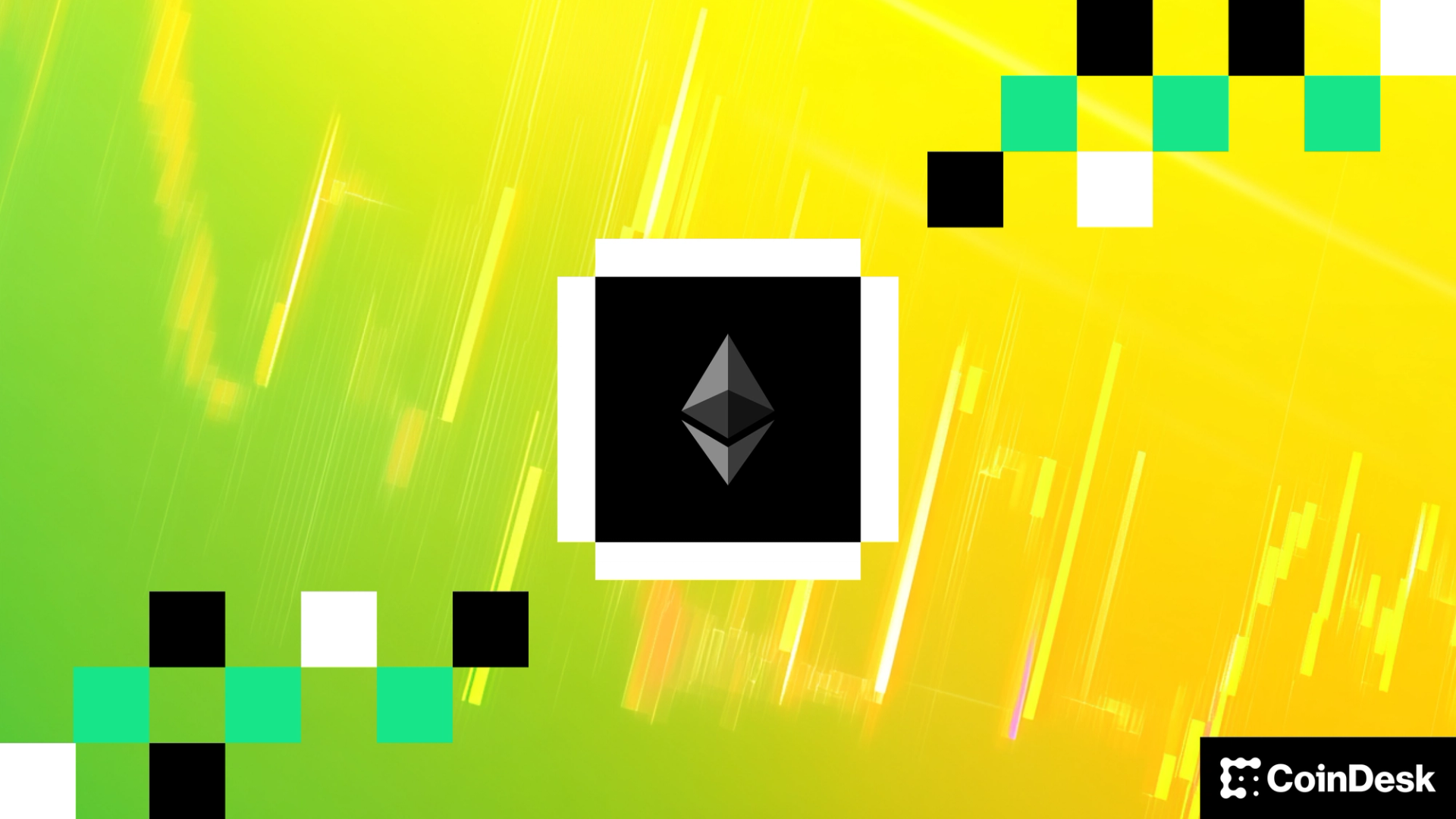
The Ethereum Foundation (EF) is creating a dedicated artificial intelligence (AI) group to make Ethereum the settlement and coordination layer for what it calls the “machine economy,” according to research scientist Davide Crapis.
Crapis, who announced the initiative Monday on X, said the new dAI Team will pursue two priorities: enabling AI agents to pay and coordinate without intermediaries, and building a decentralized AI stack that avoids reliance on a small number of large companies. He said Ethereum’s neutrality, verifiability and censorship resistance make it a natural base layer for intelligent systems.
Ethereum Foundation background
The EF is a non-profit organization based in Zug, Switzerland, that funds and coordinates the development of the Ethereum blockchain. It does not control the network but plays a catalytic role by supporting researchers, developers and ecosystem projects.
Its remit includes funding upgrades such as Ethereum 2.0, zero-knowledge proofs and layer-2 scaling, alongside community programs like the Ecosystem Support Program. The foundation also organizes events such as Devcon to foster collaboration and acts as a policy advocate for blockchain adoption.
In 2025, EF restructured to handle Ethereum’s growth, emphasizing ecosystem acceleration, founder support and enterprise outreach. The new dAI Team represents a continuation of this shift toward specialized units addressing emerging technologies.
Crapis’s role
Crapis is a research scientist at the EF and will lead the new dAI Team. He said the group will connect its work with both the EF’s protocol group and its ecosystem support arm.
“Ethereum makes AI more trustworthy, and AI makes Ethereum more useful,” he wrote, adding that the team intends to fund public goods and projects at the intersection of AI and blockchains.
ERC-8004 and Trust Standards
The group will build on recent work around ERC-8004, a proposed Ethereum standard that Crapis described as a way to prove who an AI agent is and whether it can be trusted. By offering identity and reputation systems for autonomous agents, the standard is intended to allow coordination without centralized gatekeepers.
Crapis said the team will support new standards and upgrades as they emerge, guided by Ethereum’s values and the “d/acc” philosophy of decentralized acceleration. The goal, he explained, is to ensure AI development remains open and verifiable while giving humans greater agency over how intelligent systems interact with the economy.
Why it matters
For Ethereum, the move signals a growing ambition to anchor emerging technologies beyond finance.
If AI agents begin transacting at scale, demand could grow for settlement rails, reputation systems and standards that run natively on Ethereum. For the AI community, the initiative offers an alternative to centralized platforms that currently dominate AI infrastructure.
“The more intelligent agents transact, the more they need a neutral base layer for value and reputation,” Crapis said. “Ethereum benefits by becoming that layer and AI benefits by escaping lock-in to a few centralized platforms.”
The team has begun hiring and publishing resources, according to Crapis. He said EF intends to work “with purpose and urgency” to connect AI developers with the Ethereum ecosystem and to accelerate research at the boundary of the two fields.
免责声明:本文章仅代表作者个人观点,不代表本平台的立场和观点。本文章仅供信息分享,不构成对任何人的任何投资建议。用户与作者之间的任何争议,与本平台无关。如网页中刊载的文章或图片涉及侵权,请提供相关的权利证明和身份证明发送邮件到support@aicoin.com,本平台相关工作人员将会进行核查。




